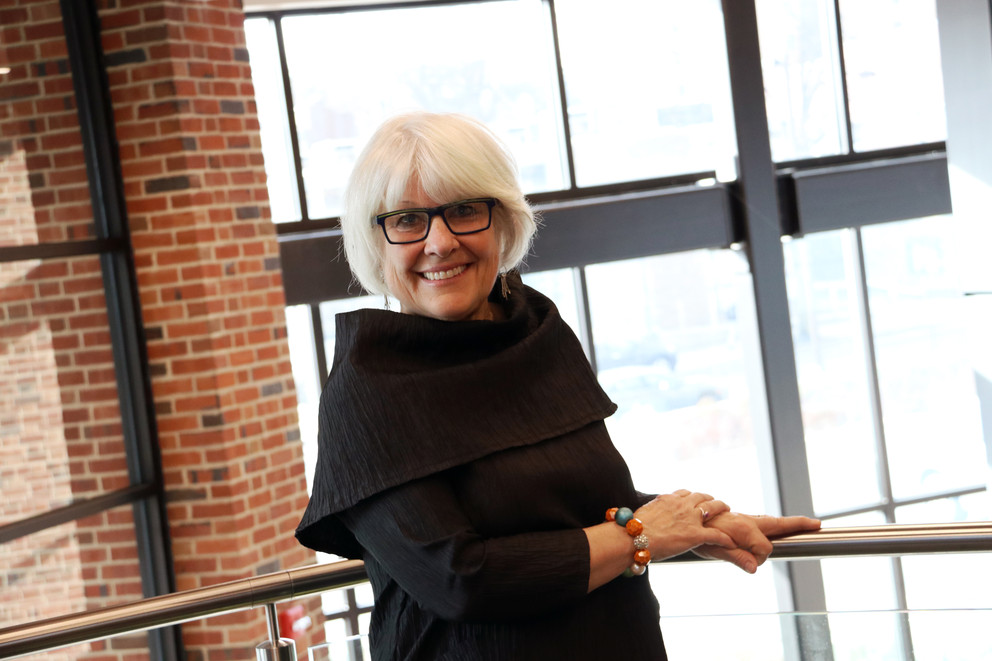Veronica H. Villena, Assistant Professor, Supply Chain & Information Systems, Smeal College of Business
Recipient, 2019 Jack Meredith Best Paper Award for the Journal of Operations Management for On the riskiness of lower-tier suppliers: Managing sustainability in supply networks
Veronica, congratulations on the 2019 Jack Meredith Best Paper Award for On the riskiness of lower-tier suppliers: Managing sustainability in supply networks. What did this recognition mean to you?
As an assistant professor, winning the Best Paper Award in my field’s top research journal is awesome. This recognition not only speaks to the relevance and rigor of my research but also highlights that some of the pressing sustainability issues in supply chains are worth studying (even if it takes years to fully understand what is going on!).
What are some key takeaways from your paper?
This paper’s main goal is to highlight the vulnerability that multinational companies face due to the inactions of lower-tier suppliers (suppliers’ suppliers). We tend to think about firms’ actions dichotomously—as either proactive or reactive. This categorization, however, does not account for what I have observed for most lower-tier suppliers in Mexico, China, Taiwan, and the USA. They are notably passive in addressing their labor and environmental issues. In fact, many tend not to address these issues of their own volition, mainly because they do not perceive consequences for not doing so.
What are some best practices you have studied that make the greatest positive impact in regard to sustainability?
The companies that I work with have made substantial changes to address their supplier networks’ labor and environmental issues. For instance, they do not work alone. They recognize that a single company cannot fight alone against unfair labor practices or environmental contaminations that occur in global suppliers. They engage with direct competitors (yes, competitors!), major suppliers, industry associations, NGOs, and global stakeholder platforms to devise assessment and trainings tools that facilitate supplier compliance and develop supplier capabilities. Furthermore, beyond setting sustainable supply chain goals, they incentivize both their procurement personnel and suppliers to work toward achieving such goals and to diligently monitor progress. For instance, they have a sustainability scorecard for suppliers in which not only targets related to health, safety, labor and environmental practices within supplier operations are monitored, but also goals and policies regarding sustainable procurement are being met. Finally, they engage their major suppliers to map their supply networks (i.e., mapping the connections and interdependences among MNC, tier-one suppliers and tier-two suppliers), which allows them to identify potentially risky lower-tier suppliers (where they are located, what dependencies exist, etc.) and to work with major suppliers to deploy customized risk-mitigation programs for them.
What major change would you like to see in supply chain management in the near and distant future?
I would like to see changes in both academia and business. If we take a long-term perspective in everything we do, we will do a favor to OUR planet. For instance, researchers could engage in long-term sustainability projects that unpack important lessons for companies. Thoroughly understanding environmental and labor issues in global supply networks and effectively addressing them may take years, but the investment would be worthwhile. Managers also face this dilemma; the pressure for quarterly results often pushes them to compromise their companies’ sustainability goals. Our short-termism has led us to pursue projects with quicker results. If we want to see companies and their supply chains operating with more respect for OUR planet, there is no place for a short-term view.






